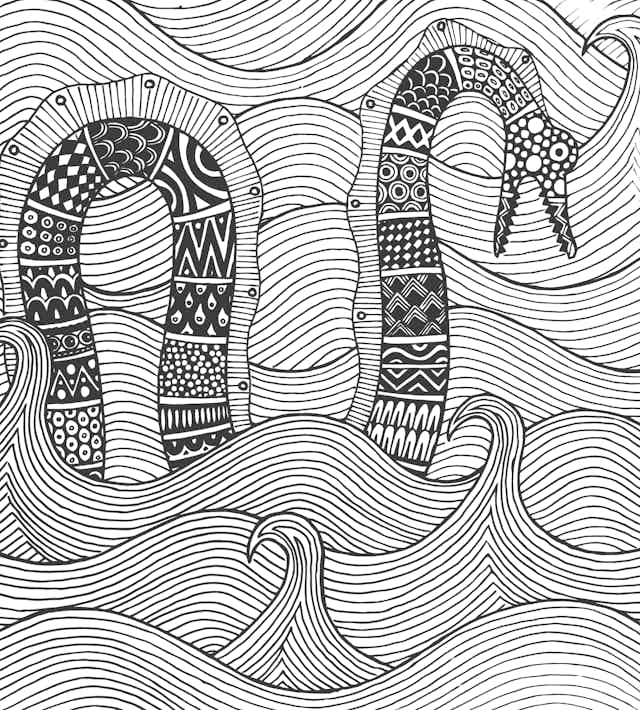So you think the Loch Ness Monster never existed? Think again.
The science of “geomythology” is breathing new life into such stories. The Loch Ness Monster and other folk tales might not be pure fiction, but actually based on memories of events our ancestors once observed.
On today’s episode of Essays On Air, the audio version of The Conversation’s Friday essay series, I’m reading my essay on the geographical truths behind some of humankind’s most mysterious myths.
Traditional stories about age-old events might actually reveal clues about the geological history of the Pacific.
Through research of ancient oral knowledge, we have opened up opportunities for understanding the minds of our ancestors, more than we ever thought possible.
Today’s episode was recorded by Michael Lund and edited by Sybilla Gross. Find us and subscribe in Apple Podcasts, in Pocket Casts or wherever you get your podcasts.
Additional Audio
Snow by David Szesztay
Scenery by Kai Engel
Brand New World by Kai Engel
August (Summer Nights) by Kai Engel
Lake waves by Benconcan
Rumble by Unfa
Cinematic deep rumble by Mmasonghi
Low rumble by Tec studios
‘Monster’ rumble by Ecfike
Chanting (scary) by theartisticfellow
Thunder by Justkiddink
Single wave breaks by Dobroide
Explosion by tommccann
Hawaii volcanoes by e__
Fiji Island Singing by Joseph Galea
College campus ambience by Relebogile
Fiji Coup Latest: Journalists by AP Archive
Fiji: Ethnic Indians Flee the Unrest by AP Archive
Boots marching by stib
Military sounds by qubodup
Pages turning by zamazan
Pottery sounds by Tumbleweed3288
Didgeridoo by sandyrb
Native American style flute in A by Wood_Flutes
Hissing gas by Taberius
Library by artemis_ch
Celtic tin whistle by luis_audp

